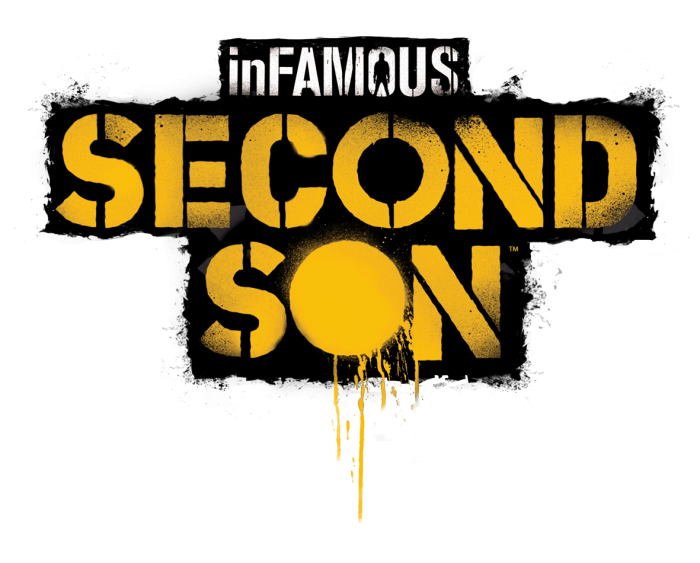
InFamous Second Son was the game that Playstation had managed to release exclusively early in the release of the PS4 that really displayed the power of the PS4 and the extent of exclusives PlayStation had at the time. And this game was pretty darn good. The graphics are high fidelity and you can pull off huge amounts of damage and explosions in game that all look brilliant. The game play is solid with all of the abilities and upgrades making the game diverse. But with that all, I want to talk about one of the staples of inFamous games which is the Hero/inFamous choice decisions. This is because one of my other favourite games, Mass Effect 2, also had this system, being the Paragon/Renegade system. The difference being, the two games handled the system very differently.
In both games, you play the game normally, but in several plot moments you choose to do something good or do something bad and this will affect your character’s morale alignment. Doing a lot of bad things like kicking babies will make you evil and doing a bunch of helping granny’s cross the street will make you good. This varies the game play in both Mass Effect and inFamous Second Son, but in much different ways. In Mass Effect, Commander Shepard would be more of an A-hole or hero in dialogue with other characters, allowing him to make decisions he could not have made if he was neutral. In InFamous, not only does your character change, but you can then unlock new abilities in game play that give you more options in combat (such as more AoE damage as evil and more precision damage as hero) which I would argue makes the game significantly different compared to Mass Effect.
This is a great example of narrative storytelling vs. game play story telling. The hero/villain aspects in Mass Effect only affect the narrative of the game, whereas the hero/villain aspects of inFamous affects the game play. This tells me that the experiences made in inFamous are much more valuable to establishing your character than the narrative. This is because you can show a player who he is or let him be who he wants to be, and the second option is much more effective at establishing a character. This needs to be implemented in more games and I feel although this was a short post I’ve left at least one person thinking about this topic.
No comments:
Post a Comment